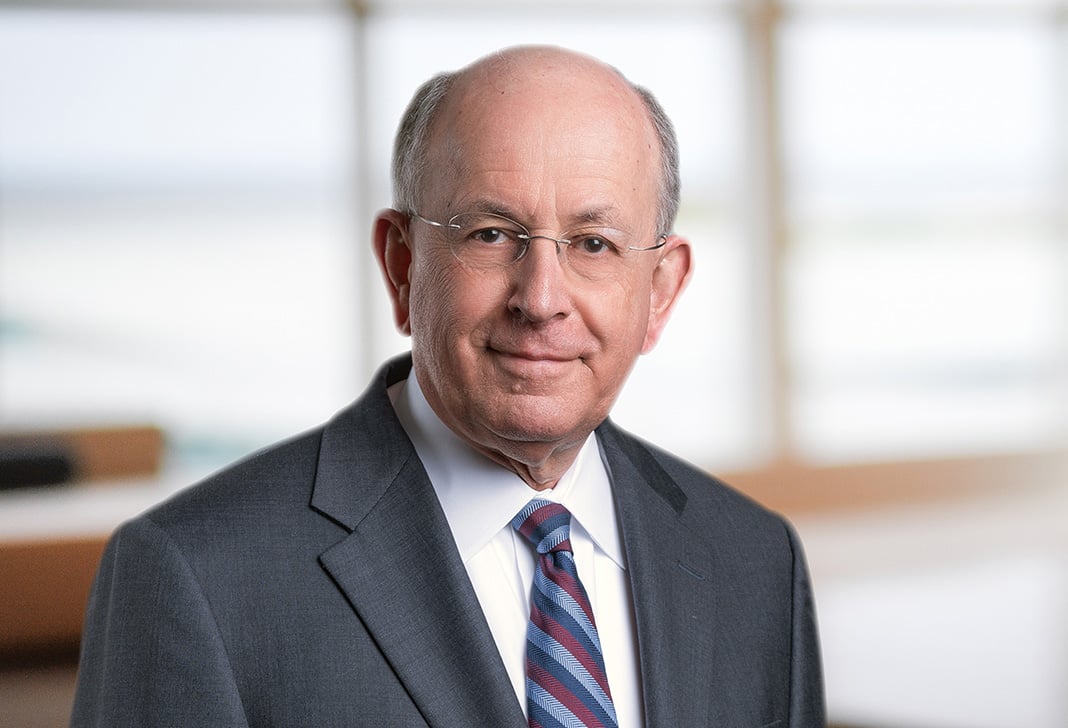
U.S. Supreme Court Clarifies TCPA's Definition of "Autodialer"
The ruling should limit the FCC's ability to rewrite the statute through administrative action.
In Facebook, Inc. v. Duguid, the Supreme Court resolved the interpretive question at the heart of the swarm of litigation under the Telephone Consumer Protection Act ("TCPA")—whether equipment that dials from a list of numbers qualifies as an "automatic telephone dialing system" subject to the TCPA's statutory penalties. The Court held that it does not. Instead, to qualify as an autodialer, equipment must "use a random or sequential number generator." Slip op. at 7. In both reasoning and result, the Court's opinion tracked Jones Day client the Chamber of Commerce's amicus brief, as well as the victory Jones Day secured for its client Hilton Grand Vacations Co. in the Eleventh Circuit.
Much ink has and will be spilled about Facebook's impact on ongoing TCPA litigation. But the decision's consequences for ongoing FCC proceedings could be just as important to businesses going forward. In 2018, Jones Day client Sirius XM Radio Inc. successfully challenged the FCC's prior attempts to define "autodialers" as arbitrary and capricious. The FCC then sought comment, but it appeared intractably divided. Even though two members had already taken the narrower side of the debate in 2015, the Republican-led FCC made no progress on the issue before the election. With President Biden's appointees set to control the agency, there were concerns that the new FCC would take the broader, more plaintiff-friendly approach.
The Supreme Court's decision in Facebook should substantially alleviate those fears because the Court recognized its result as stemming from the statute's "clear commands." Slip op. at 9. Under existing law, an agency may adopt a reasonable reading of an ambiguous statute even if the Supreme Court has previously taken a different tack, but it may not disagree with the Court if the Court's interpretation follows from the statute's unambiguous terms. In Facebook, the Court used the canons of statutory construction, the rules of grammar, the statutory context, and the practical consequences to identify the TCPA's unambiguous meaning. As a result, there is no room for President Biden's FCC to rewrite the statute through administrative action.




